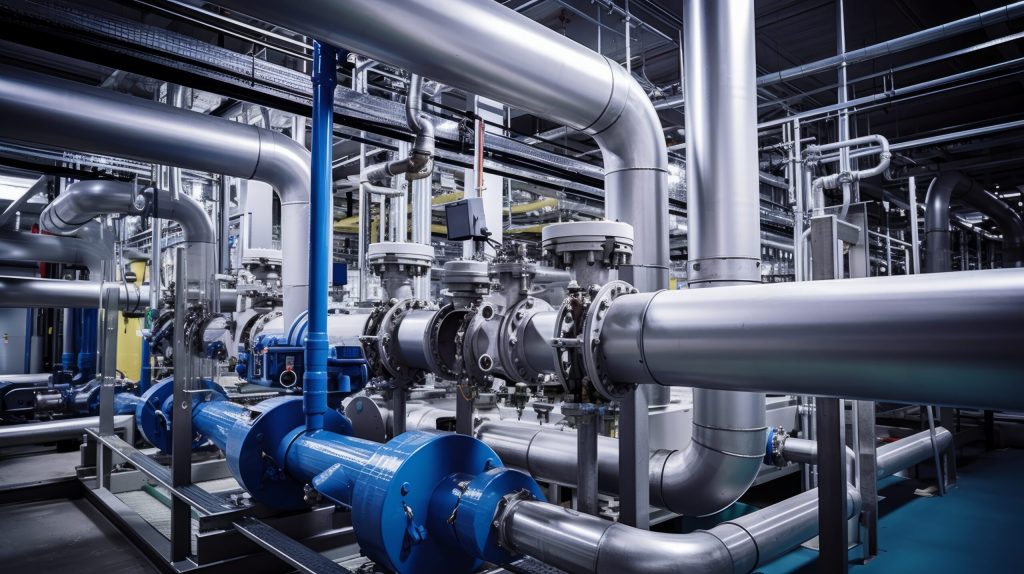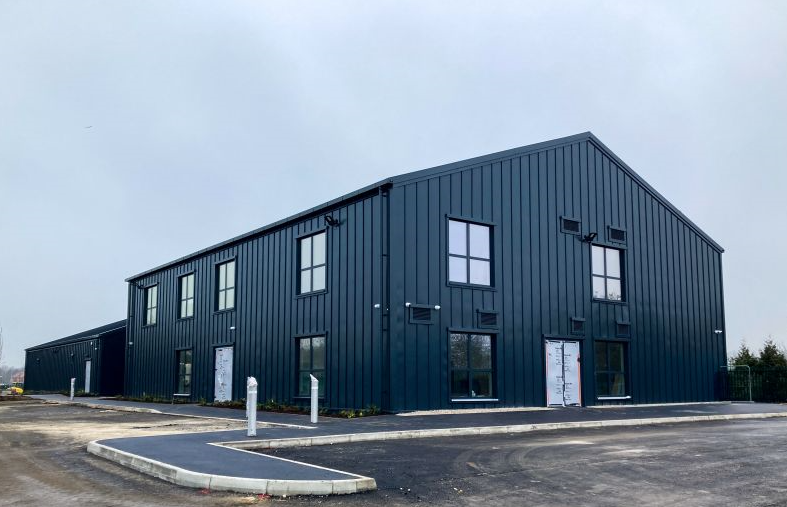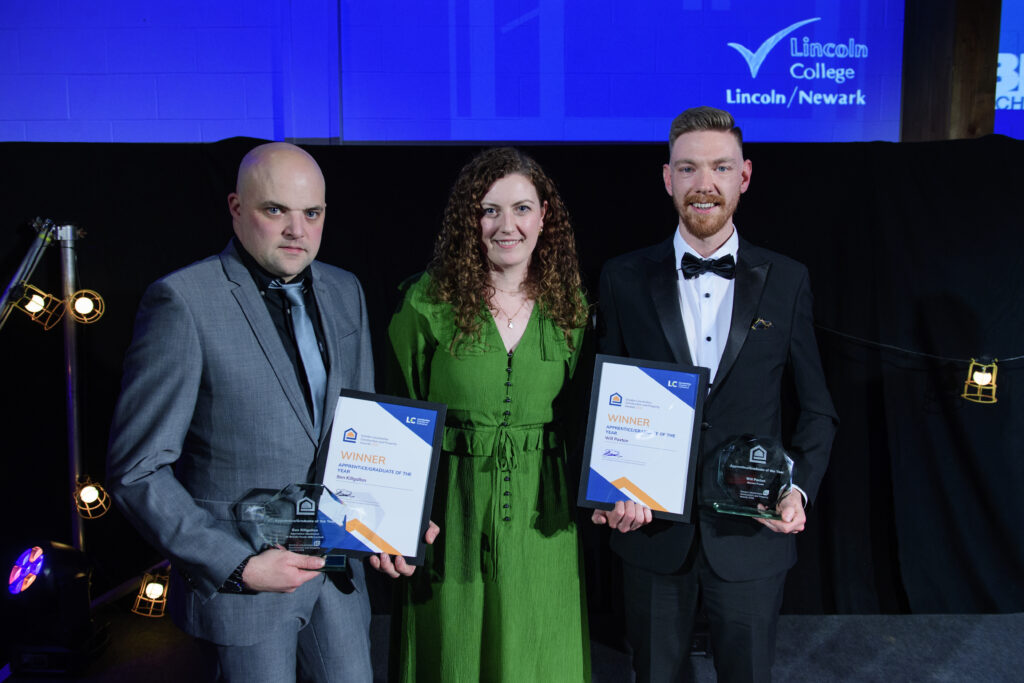Dounreay Site Restoration Ltd, Duplex Pipe System
Morson Praxis were appointed by Dounreay Site Restoration Ltd to carry out a detailed analysis of a duplex pipe system spanning between two buildings on a lead-shielded bridge. The assessment used Caesar II software to ensure structural integrity and compliance with relevant design codes under both normal and seismic conditions.
Client Brief
Ensuring Compliance and Safety in a Critical Facility
The client required a thorough evaluation of the duplex pipe system, including its primary line within secondary containment, to confirm that the system could safely operate under gravity flow conditions, normal operating pressures, and extreme seismic events. The project aimed to ensure system reliability, code compliance, and continued safe operation.
Project Overview
Complex Pipe and Structural System
The system featured a duplex pipe, with the primary line inside a secondary containment, designed for 6 Bar (g) and -13.2°C to 40°C per ASME B31.3 category M fluids. Analysis covered the pipe system, pumps, vessels, supporting structure, dynamic behavior, seismic Response Spectra, PD5500 nozzle checks, and performance under normal and seismic loads, including DBE and Cliff Edge events. The FE model included detailed steelwork and lead shielding to accurately assess the system’s dynamic response and natural frequencies.
Image Gallery
Comprehensive analysis ensuring safe and compliant operation of critical containment systems.

Our Solutions
Detailed Analysis and Compliance Verification
Morson Praxis carried out a comprehensive structural and piping analysis, including:
-
Caesar II modelling of the duplex pipe system, pumps, vessels, and supports
-
Dynamic and seismic analysis combining modes via the SRSS method
-
Checking forces, stresses, and displacements against ASME B31.3 design requirements
-
Support location recommendations to improve compliance
-
Justification for continued use in areas of slight overstress referencing ASME III NC class 2 components design code
This approach ensured that both normal operation and fault conditions could be safely accommodated, while providing robust design assurance for a critical containment system.
Results
Safe, Compliant, and Optimised System
The assessment confirmed that the duplex pipe system was structurally sound and code compliant, while providing recommendations for support optimisation. The analysis offered additional justification for areas of minor overstress, enabling continued safe operation of the system under both normal and extreme conditions.

